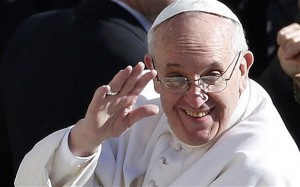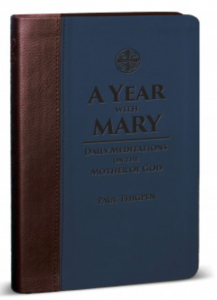Lamborghini
Oh Lord, won’t you buy me a Lamborghini?
My friends all rend babies, with parts so many.
Worked here all my lifetime, abortion debris.
So Lord, won’t you buy me a Lamborghini?
Oh Lord, won’t you buy me a manual vacuum aspirator?
Less crunchy procedures so that I can make more.
I wait for delivery each day until four,
So oh Lord, won’t you buy me a manual vacuum aspirators?
Oh Lord, won’t you buy me a ultrasound machine?
I’m counting on you, Lord, not crush organs unseen.
Prove that you love me and don’t make a scene,
Oh Lord, won’t you buy me an ultrasound machine?
Everybody!
Oh Lord, won’t you buy me a Lamborghini?
My friends all rend babies, with parts so many.
Worked here all my lifetime, abortion debris.
So Lord, won’t you buy me a Lamborghini?
That’s it!
(With apologies to Jani Joplin, Michael McClure, and Bob Neuwirth)




